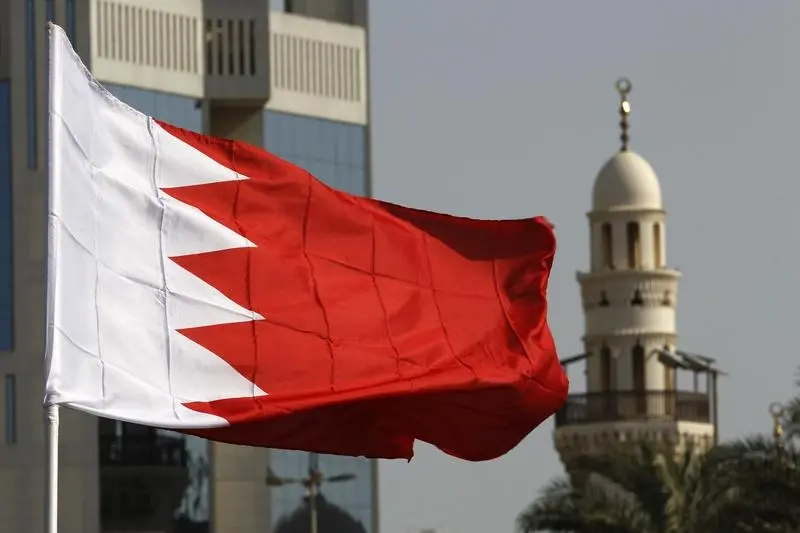PHOTO
Bahrain is strengthening its capabilities by investing in an integrated defence system that intercepts ballistic missiles and drones.
The government has signed an agreement to purchase the Patriot air and missile defence system from the US Army through American defence giant Raytheon.
The company, which is a global leader specialising in defence and cybersecurity solutions, announced that Bahrain was the 17th “Patriot Nation” using its system.
“The Kingdom of Bahrain signed an agreement to purchase Raytheon’s combat-proven Patriot air and missile defence system from the US Army,” said Raytheon in a statement.
“This letter of offer and acceptance allows the US government to begin contract negotiations with Raytheon for production of an undisclosed quantity of systems and missiles.”
It added that the high-tech systems will shield Bahrain against cruise and ballistic missiles.
“Raytheon’s Patriot Integrated Air and Missile Defence System will ensure the Kingdom of Bahrain is well equipped to defend against ballistic missiles, cruise missiles, and manned and unmanned aircraft,” said Raytheon Integrated Defence Systems president Ralph Acaba.
“Patriot is continually modernised, enhanced and upgraded, through this 17-nation community, to ensure it outpaces the evolving threats for years to come.”
Other Gulf nations who have also invested in the anti-aircraft and missile interceptor systems are Saudi Arabia, the UAE, Kuwait and Qatar.
In May, the Defence Security Co-operation Agency, as part of the United States Department of Defence (DoD), announced a possible military sale to Bahrain of various Patriot missile systems and related support and equipment for an estimated cost of $2.4 billion.
Equipment
It explained that the Bahrain government requested to buy 60 Patriot Advanced Capability-3 (PAC-3) Missile Segment Enhancement (MSE) missiles, 36 Patriot MIM-104E Guidance Enhanced Missiles (GEM-T) missiles with canisters, nine M903 Launching Stations (LS), five Antenna Mast Groups (AMG), three Electrical Power Plants (EPP) III, two AN/MPQ-65 Radar Sets (RS), and two AN/MSQ-132 Engagement Control Stations (ECS).
Also included was communications and support equipment, test programmes generators, technical documentation, spare and repair parts.
The DoD said at the time that the proposed sale will see Bahrain use Patriot to improve its missile defence capability, defend its territorial integrity, and deter regional threats.
“The proposed sale of these missiles will not alter the basic military balance in the region,” said the Defence Security Co-operation Agency in its May statement.
The GDN reported in September last year that Bahrain’s defence spending was expected to decrease over the next five years, after peaking at $1.7bn in 2018, according to US-based IHS Markit, a global leader in critical information and solutions.
Data specifically related to Bahrain showed that defence spending forecast was at $1.7bn last year compared to $1.6bn in 2017.
The data which included funding from concerned defence bodies in Bahrain, such as the National Guard, and estimates of other defence expenditure showed that spending this year would be $1.6bn, gradually going down to $1.5bn by 2023.
In 2017 Bahrain was the first nation to procure the latest variation of the US-made F-16 fighter jet as part of a $3.8bn deal to acquire 16 F-16s that was signed with Maryland-based Lockheed Martin Corp.
© Copyright 2019 www.gdnonline.com
Copyright 2019 Al Hilal Publishing and Marketing Group Provided by SyndiGate Media Inc. (Syndigate.info).





















